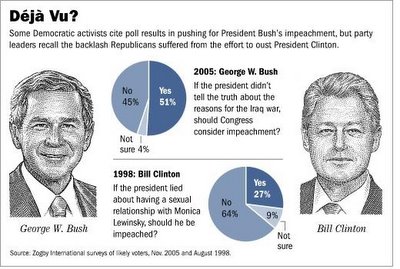 UMA CHARADA LÓGICA SOBRE AS RELAÇÔES INTERNACIONAIS
UMA CHARADA LÓGICA SOBRE AS RELAÇÔES INTERNACIONAIS
No Olimpo, os deuses discutiam se Ariana era ou não era virgem.
A questão era um pouco complicada porque, se Ariana não fosse virgem, não era virgem há uma eternidade. Mas, se fosse virgem, então não podia ficar a ser virgem por uma eternidade, porque não podiam haver duas eternidades, uma antes e outra depois.
Em suma: como nos deuses tudo se passava às eternidades e só havia, afinal, uma eternidade, saber se Ariana era ou não era virgem, era uma questão eterna.
Depois de se saber que Dionísio tinha passado uma noite com ela, coisa que ele não confirmou nem desmentiu, tentou-se saber em que noite fôra, para deslindar a questão.
Ora como a noite sucede ao dia e o dia sucede à noite, desde há uma eternidade, a questão também era difícil.
Tentou-se recorrer a um deus menor que actuasse como inspector e chamou-se Aiea, irmã gémea de Aeiou. Mas depois de algum tempo de conversa fiada com Aiea, Ariana não disse nada de definitivo e uma verificação era impossível, mesmo com Ariana a dormir, porque os deuses não precisam de dormir.
Depois de muito tempo a puxarem pela cabeça, os deuses não encontraram outra solução que pedir a Dionísio que passasse outra noite com ela, se ele alguma vez tinha passado.
Dionísio não disse que sim, nem que não. Por isso, os deuses limitaram-se a deixá-lo a sós com Ariana e ver o que é que acontecia.
Contudo, como os deuses se escondem no Passado, ou no Futuro, quando lhes interessa, a única coisa que puderam fazer foi deixar passar algum tempo e, depois, interrogarem Dionísio.
Dionísio acabou por voltar a aparecer sózinho mas continuou sem xim, nem mim. Tentar obrigá-lo à força equivalia a uma gargalhada no Olimpo.
Foi assim que os deuses decidiram voltar a Ariana.
Ariana chamou Dionísio e disse: se não foi ele, não foi mais ninguém, pois ele é que começou a pôr dúvidas sobre a Virgindade no Olimpo.
Mas teria sido ele? Ele limitava-se a ouvir as perguntas e ria-se.
Ora os deuses não tiveram outro remédio que deslindar a questão dizendo que foi Ariana quem violentou Dionísio.
Ariana ficou pelo resto da Eternidade, que era a mesma Eternidade de sempre, sem ser virgem nem deixar de ser e Dionísio aproveitou para a violar em segredo, visto que ela já não seria virgem.
Só então é que os deuses repararam que Dionísio não se ria nunca...
















